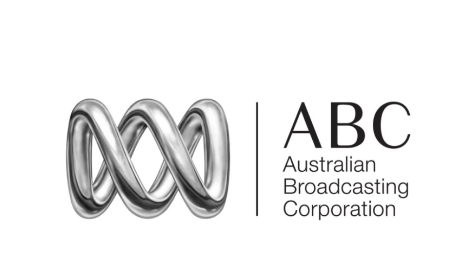ABC and SBS cleared by government’s commercial neutrality review
ABC and SBS are complying with their competitive neutrality requirements, but both should be more open about their commercial activities, a government review has found.
According to the government inquiry report into the competitive neutrality of Australia’s national broadcasters released yesterday, national broadcasters have adapted to change by extending services, and have taken advantage of market developments and technological innovation. There is also no evidence they are not appropriately allocating costs, it ruled.


